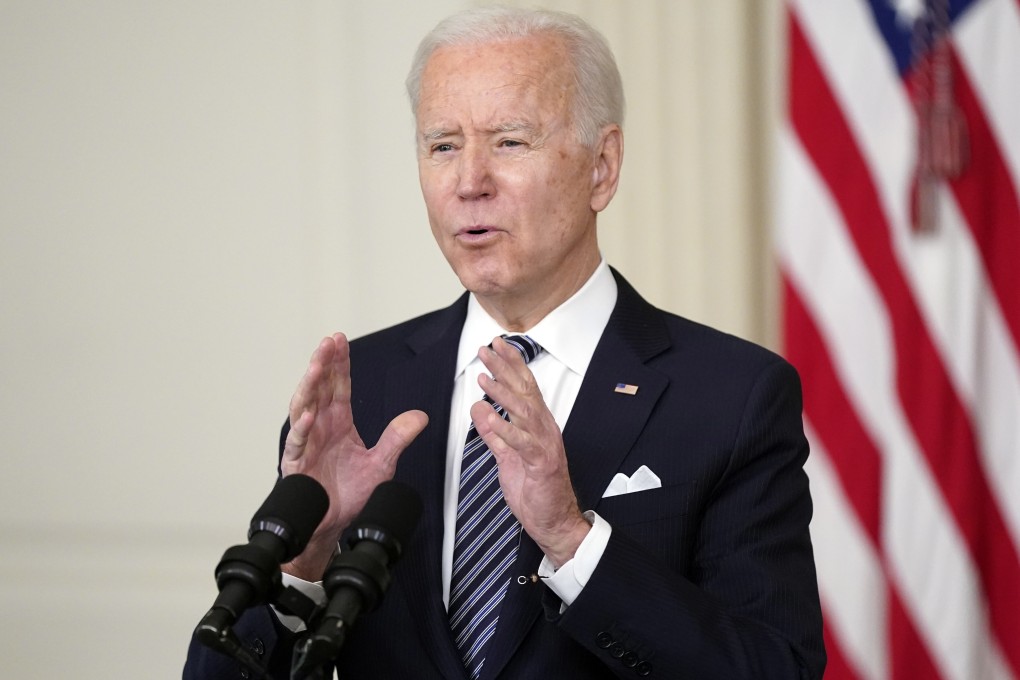Advertisement
Joe Biden’s push for near 21 per cent global minimum corporate tax ‘ possible’, top official says
- Biden administration’s plan has turbocharged negotiations at the Organisation for Economic Cooperation and Development (OECD) on how to overhaul rules
- The 139-nation OECD have set the summer as a target for getting a deal that could deliver a significant boost to tax revenues
Reading Time:2 minutes
Why you can trust SCMP

US President Joe Biden’s proposal to set a minimum global corporation tax at 21 per cent is gaining momentum, with the official running international talks on the matter saying that an agreement could settle near that rate.
The Biden administration’s plan has turbocharged negotiations at the Organisation for Economic Cooperation and Development (OECD) on how to overhaul rules on how much tax companies pay, and where.
The US suggestion, while subject to negotiations in the US Congress, would be significantly higher than the 12.5 per cent previously discussed in the talks.
Advertisement
“Will Biden get to 21 per cent, or will it be a bit lower? We’ll see,” Pascal Saint-Amans, director of the centre for tax policy at the OECD, said in the French senate on Wednesday.
“As for the rest of the world, I doubt we’ll be at 21 per cent, but would we be at a rate nearing 21 per cent? I have good hope that is possible.”
Advertisement
The 139 nations negotiating at the OECD have set the summer as a target for getting a deal that could deliver a significant boost to tax revenues at a time when governments finances are stretched by the coronavirus pandemic.
Advertisement
Select Voice
Select Speed
1.00x